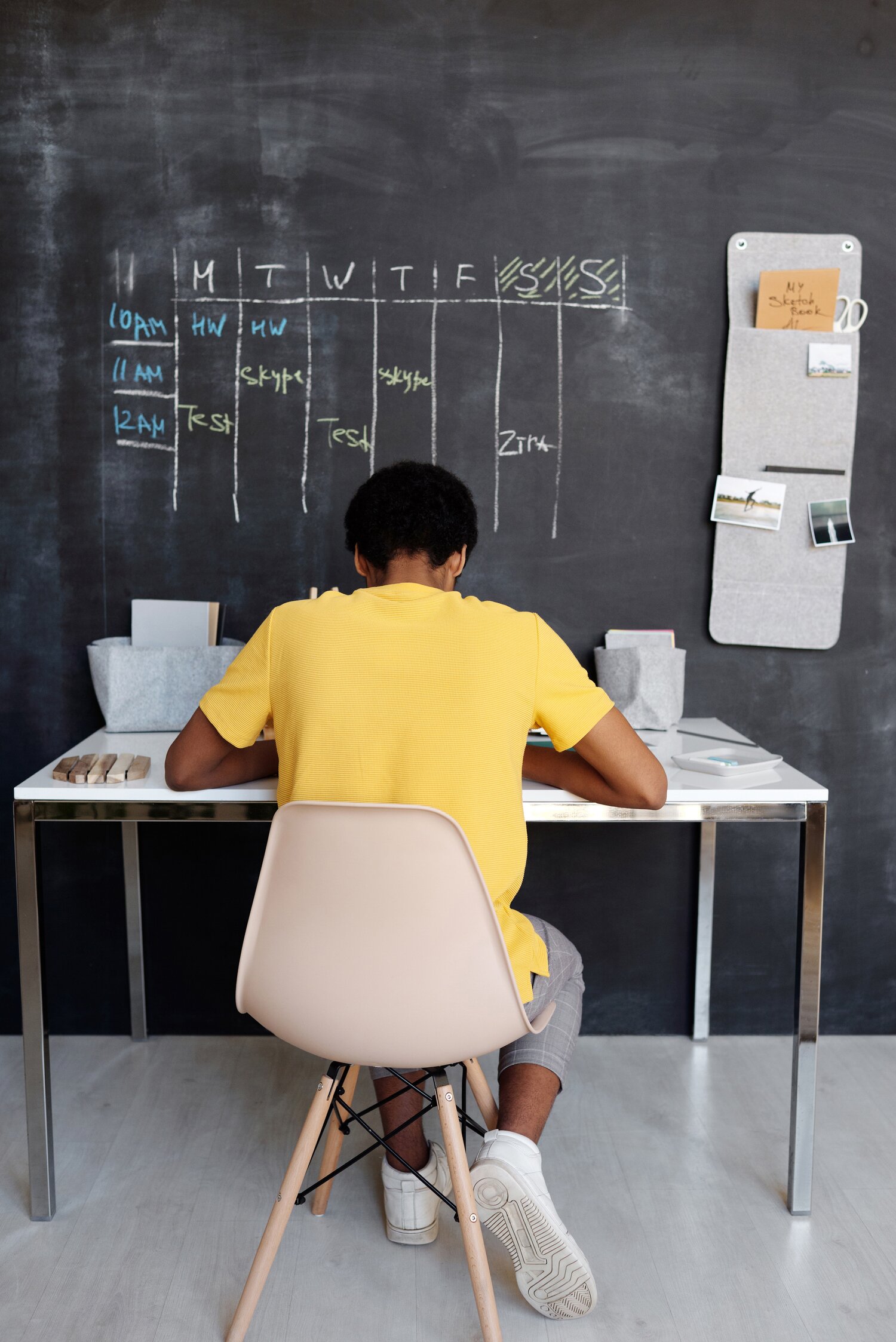Tutored by Teachers took the opportunity to speak with Shai Fuxman, EdD, from the Education Development Center (EDC) to learn more about how COVID-19 has impacted social emotional learning for students, as well as ways that schools and educators can address social emotional learning during COVID-19. Below is a summary of our interview.
TbT: Has COVID-19 significantly impacted social emotional learning (SEL) for our students? How?
Fuxman: Yes, it has – and a lot! But first, it’s important that we define social emotional learning before we start talking about how COVID-19 has impacted our students. Social emotional learning is a term that continuously pops up as one of the latest educational buzzwords. While it’s tossed around constantly, it’s incredibly important to understand that social emotional learning is really an umbrella term for many different types of skills, and we need to break down the specific skills that we want to focus on. The Collaborative for Academic, Social, and Emotional Learning (CASEL) defines social emotional learning as “the process through which all young people and adults acquire and apply the knowledge, skills, and attitudes to develop healthy identities, manage emotions and achieve personal and collective goals, feel and show empathy for others, establish and maintain supportive relationships, and make responsible and caring decisions.” So there are several SEL skills that schools need to focus on, but not all SEL skills have been affected due to COVID-19. For example, perspective taking is an important SEL skill, but for our purposes, it isn’t one that has been affected during the pandemic. So, I think it’s important to address one specific skill that students have struggled with during COVID-19: relationship building.
Let’s start by examining relationships skills. Maintaining strong relationships with trusted peers and adults is one of the strongest indicators of student success, and I’d argue that it’s the most important SEL skill a student can learn. But throughout COVID-19, the perception of many students is that it has been really difficult to make and maintain friendships. It’s harder to recognize people when we wear masks. Enforcing social distancing means that there’s no unstructured time during the day. There’s not really a chance to chat in the hallway. There’s no recess for unstructured play. When everyone is behind plexiglass, six feet apart, it limits collaboration. While across the board, students from all grades are struggling with relationship building, it has particularly hit younger children the hardest. Teachers will be a critical component to helping kids make friends.
TbT: What are some ways that school leaders and teachers can support students as they work to build or rebuild relationships in schools?
Fuxman: It’s really important that schools purposefully make an effort to give time for students to get to know each other once they return to school in-person. Being on a Zoom screen isn’t a substitute for building strong, in-person relationships. School administrators need to create an action plan for successful re-entry and integration. Students can’t just show up to school and be expected to adapt, especially when they need to learn how to navigate a building and spaces that have been transformed because of COVID-19.
A technique that I recommend is relationship mapping. Relationship mapping is an exercise where the name of every single student is written down in a visible way. Pre-pandemic, this could have been done on Post-its on the walls of a shared space [tools like an online spreadsheet or a Padlet could serve the same purpose virtually]. Adults who feel they have a strong relationship with that student should put their initials on the Post-it [or Padlet]. At the end, you’ll be left with a strong visual cue: which students have tons of initials? Which students only have a few? Which students have none? What patterns emerge? Once they’ve identified patterns, schools need to develop an action plan with accountability goals to reach those students with few or no initials.
It’s important to set ground rules as to what qualifies as a “strong relationship” when doing relationship mapping. I’ve often recommended that teachers can initial a student’s name if they know two non-academic facts about them, but school leaders should come up with criteria that makes sense to them.
Another great way to help students build relationships is through tutoring. Every student needs a trusted adult outside of their family who believes in them in an academic setting. Tutors are often great people to fill this role because the relationships they build with students leads to greater self-esteem, which leads to high academic achievement. Tutors can help with self-advocacy and growth mindset. They teach students to believe in themselves. It’s this positive role-modeling and mentorship that can have a major influence on a child’s social emotional learning as they navigate COVID-19.

